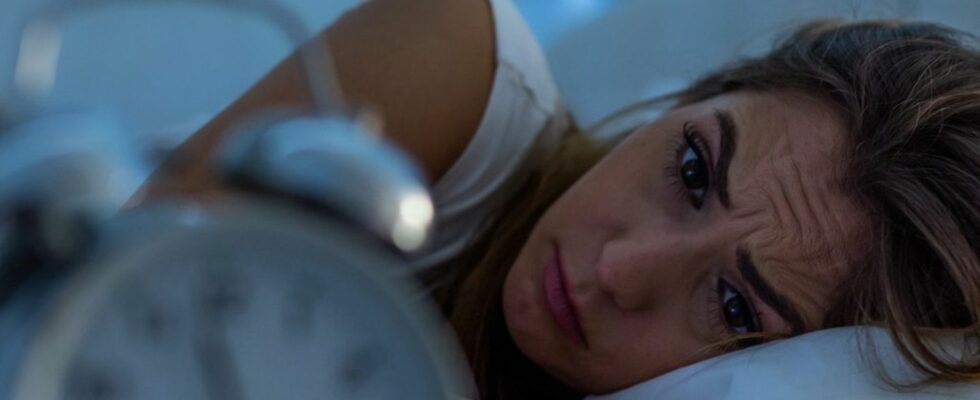Time change on March 31st
This is how you adjust your sleep rhythm correctly
The clocks will be set forward on the night of March 30th to 31st.
© Photoroyalty/Shutterstock.com
On the night of March 31st, the clocks will be changed to daylight saving time, meaning an hour of sleep will be lost. What helps?
Summer is coming back soon – at least for now on the clock. With the Daylight saving time begins on March 31, 2024. On the night of Easter Sunday, the clocks are set forward one hour at 2 a.m., so it stays light longer in the evening and dark longer in the morning. The lack of an hour of sleep is noticeable for many people because it disrupts their internal clock.
The time change acts like jet lag
“Our internal clock normally gradually adapts to the changes in day length caused by the change of seasons. The sudden change in time caused by the change interrupts this slow adaptation process,” explains the psychologist and founder of the online therapy platform HelloBetter, Dr. Hanne Horvath, told the news agency spot on news. “Especially the sudden change in time caused by the switch to daylight saving time, in which what seems to be an hour of ‘losing’, throws our bodies out of balance.” Symptoms such as problems falling asleep, headaches or difficulty concentrating could last for days to weeks and are similar to the symptoms of jet lag.
According to Dr. Horvath, the so-called “owls” in particular – people who are active longer in the evening and have difficulty getting out of bed in the morning – suffer from the time change. But people who were already struggling with sleep disorders before the time change also suffer more from the effects, and children and older people are also more sensitive.
Daylight and fresh air
The natural alternation of light and darkness helps the body get used to the new sleep rhythm. Therefore, temporarily do not close the curtains and blinds and let the daylight wake you up. A healthy breakfast in the morning, for example fresh fruit, provides the body with energy. Exercising in the fresh air is also helpful. Walks, bike rides and jogging get your circulation going. With some exercise, tiredness and sluggishness don’t stand a chance.
Dr. Hanne Horvath recommends that early risers expose themselves to more natural light in the afternoon and evening, while late risers benefit from sunlight in the morning.
Bring your bedtime forward
In order to make up for the missed hour, it is advisable to go to bed earlier. To reach the realm of dreams more quickly, put your smartphone, tablet, etc. aside in the evening. The glowing screens keep us awake longer because the high proportion of blue light reduces the production of the sleep hormone melatonin. Better read a book in bed.
With natural herbs for a restful sleep
If you continue to suffer from sleep disorders, you can do something good for yourself with natural herbs such as lavender, valerian, hops or lemon balm. You can consume the herbs directly as tea or drops. Alternatively, place it in bed as a pillow – the scent of lavender in particular has a calming effect.
Proper nutrition is important
In the evening it is important to avoid heavy, fatty foods and avoid alcoholic and caffeinated drinks. Hearty dishes in particular are good for the stomach and keep us awake. Instead, opt for light meals such as salad, baked vegetables or soup. In general, dinner should not be served too late. Otherwise your stomach will start working again – this can also disrupt your sleep.
Skip the afternoon nap
Lying on the couch after lunch is counterproductive. The short nap could disrupt the internal clock even more and result in sleep disturbances in the evening. According to Dr. Horvath, early risers in particular should avoid naps: “This can lead to them falling asleep later in the evening and waking up too early in the morning due to the first rays of sunshine.” Instead of lying down, drink a coffee on the balcony or go for a walk.
